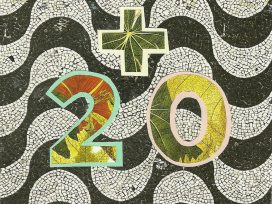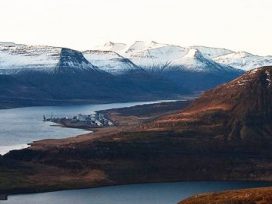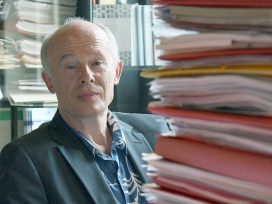The charge of the pink brigade
FEMEN and the campaign for gender justice in Ukraine
Is FEMEN the precursor of a bold new protest pattern, asks Marian Rubchak, or has it been reduced to an organization of exhibitionists? As long as gender injustices multiply in Ukraine, the strength of FEMEN’s message remains undiminished: for the present, semi-nudity could be the most viable means of generating public dialogue on women’s rights.


